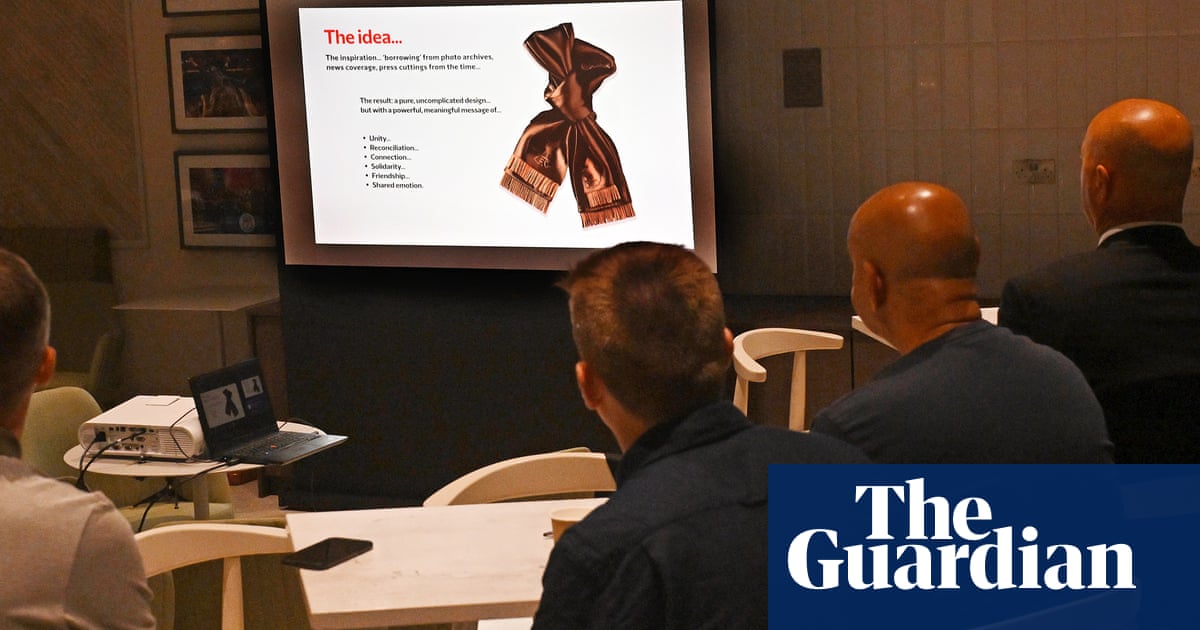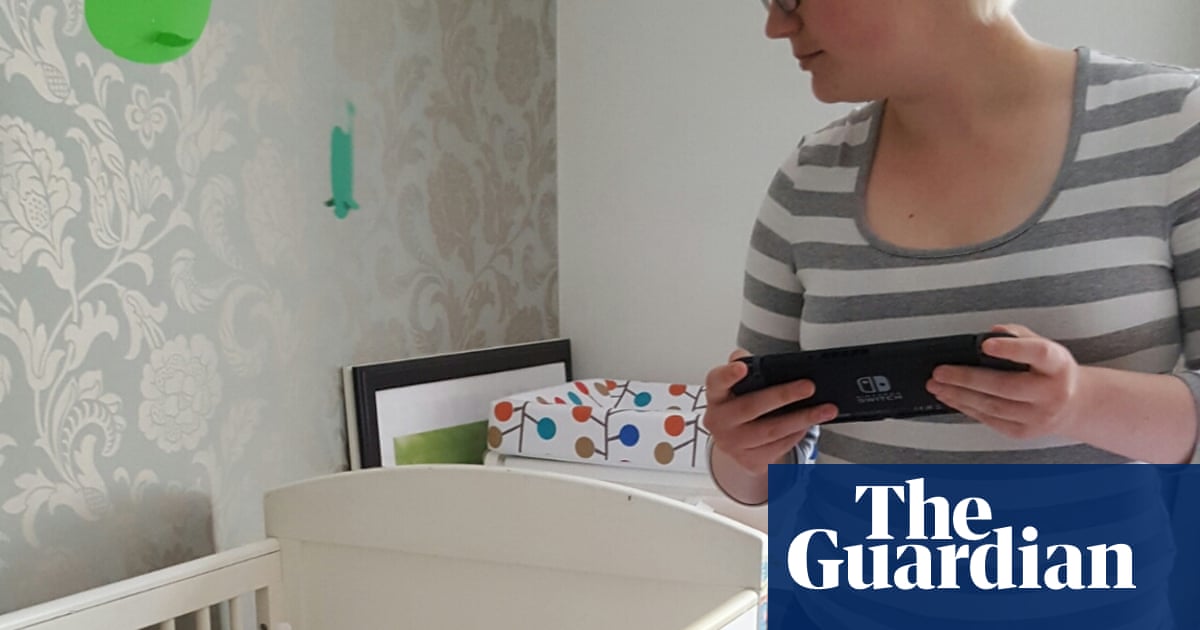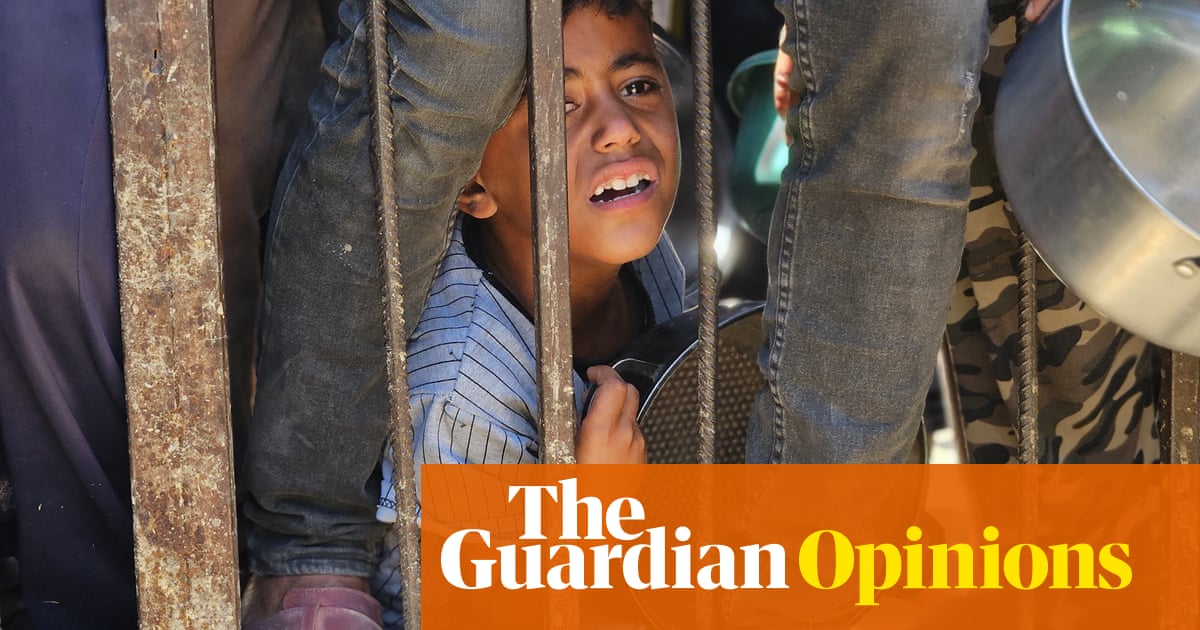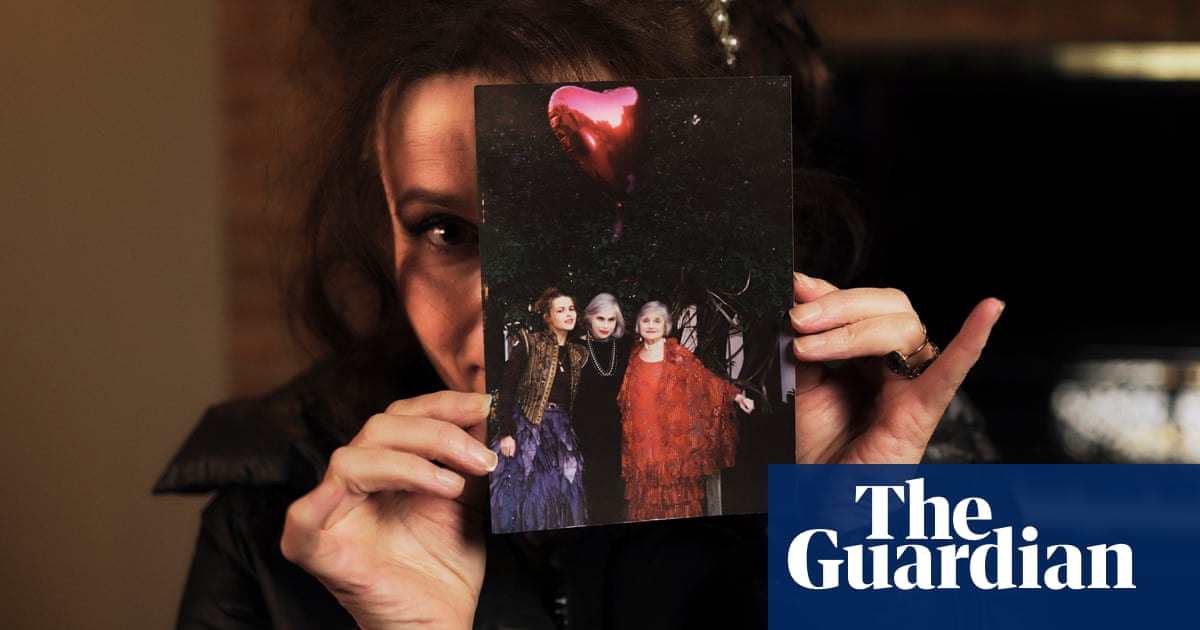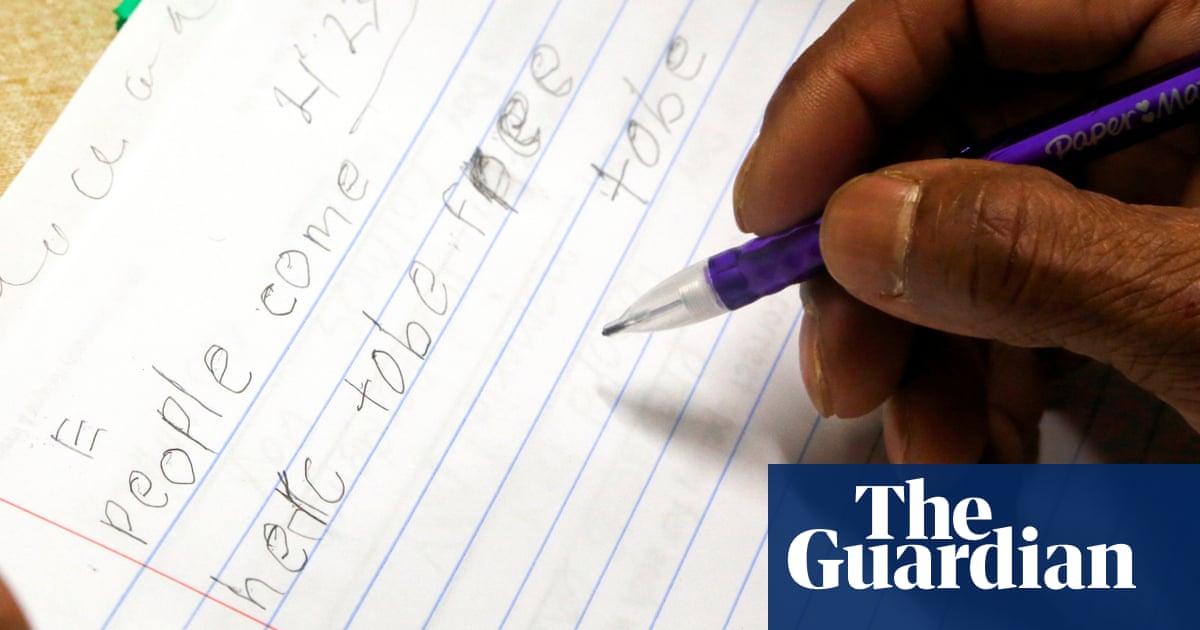I hear the baby crying in my sleep. My mother hands him to me. I sit up to breastfeed without opening my eyes then I hand him back. I know that when I am ready to get out of bed, there will be fruits and katogo, a meal of plantain mixed with all the fatty meat cuts my mother could lay her hands on, waiting for me. Or I could choose to have porridge. It is sacrilege to have a nakawere (new mother) in the house and not have a flask of hot porridge available for her all day. Nakawere … the syllables are pronounced slowly, and the word must roll off your tongue with awe at the woman who just went through the remarkable ordeal of bringing life.
Replaying my new mum experience became my favourite pastime when I moved from Uganda to Switzerland in May last year. I moved with my husband and two children, aged six and 12, because I found my dream job in health advocacy. I was not ready for the parenting nightmare that came with it. While I had lived in Europe before, including in the UK in my 20s, I had never had to live outside Uganda with my family. Nothing prepared me for the reality of mothering without the extended family to help take care of you, and the nonchalance with which the western world treats mothers.
There were no cheers for me when I made it to the bottom of the staircase without stepping on a toy car. The audience remained silent when I managed to get my six-year-old son to sit still throughout a one-hour journey. In Uganda, someone in the matatu, or shared taxi, might have at least whispered a compliment: “What a disciplined child you have!”
They might have even offered to carry him so that I didn’t have to pay the fare for two.
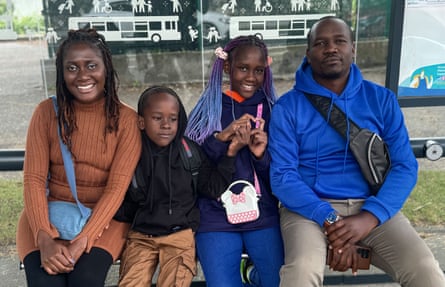
Narratives on African motherhood often depict a life of labour and impoverishment as the woman tries to raise more children than she can afford, in most cases single-handedly. But not much is said about the systems that have developed to enable women across the different echelons of African society to cope.
after newsletter promotion
You never hear the story of how it is normal for a mother to drop off her five children at a neighbour’s house for an entire day without notice as she goes to do her hair or to the market. No one explains that the aggrandisement, such as the title nakawere and the care given to a new mother for up to a year after she has given birth, is community recognition and reward for women’s unpaid care work.
As we settled in Switzerland, it was scary for my husband and me to realise we were not just parents any more. We had to be teachers, chipping in with formal and informal education. There were no elder cousins to help with the homework or aunties to share folk tales that carried moral lessons. The system requires parents to be everything to their children and still somehow maintain a semblance of a sane life and career.
The Ugandan primary school syllabus, inherited decades ago from British colonialists and never reformed, teaches that the nuclear family is the ideal model. When I thought about raising children in the west, I used to picture happy families with no more than two children seated at the dining table surrounded by beautiful things; not worried about malaria, the distance to the well or the smoke from firewood and cooking stoves.
Now I look at women who have had to raise their children in the western world in the nuclear family setting with fresh eyes. How have they managed for so long? We know that even as men are stepping up more to help care for their families, most of the physical and mental care workload still falls on women. Globally, women do 76% of the unpaid care work. In 2019, Oxfam’s analysis showed that unpaid care work done by women across the globe was valued at $10.8tn (£8.8tn).
My husband and I had to accept that we were not equipped to look after our children alone. It felt unnatural. We were tired all the time and our house was falling apart. We missed Irene, our home manager, and vowed to appreciate her more, knowing what it would cost for us to have help with childcare in Switzerland.
Unlike in Switzerland, where getting help with care is the preserve of the wealthy, the average Ugandan family can afford to hire someone to help with running the home. Even where a family might not have the money, they pay for it in kind by taking turns to look after each other’s children or communally sharing chores on busy days such as funerals and weddings, or when hosting guests.
My husband and the children have returned to Uganda, and I will try to live between Uganda and Switzerland. Our children will be near their grandmother and cousins – surrounded by love, neighbours and sunshine.
And when we sit in our Ugandan living room, watching the perfect nuclear family on TV, we shall know the exhaustion that comes with keeping a house clean and telling the children 20 times a day to pick up their toys. We shall remember the dates that we did not go out spontaneously, because there is a particular servitude in parenting without your people.
-
Patience Akumu is a lawyer and journalist who reports on human rights and social justice issues

 3 months ago
59
3 months ago
59
